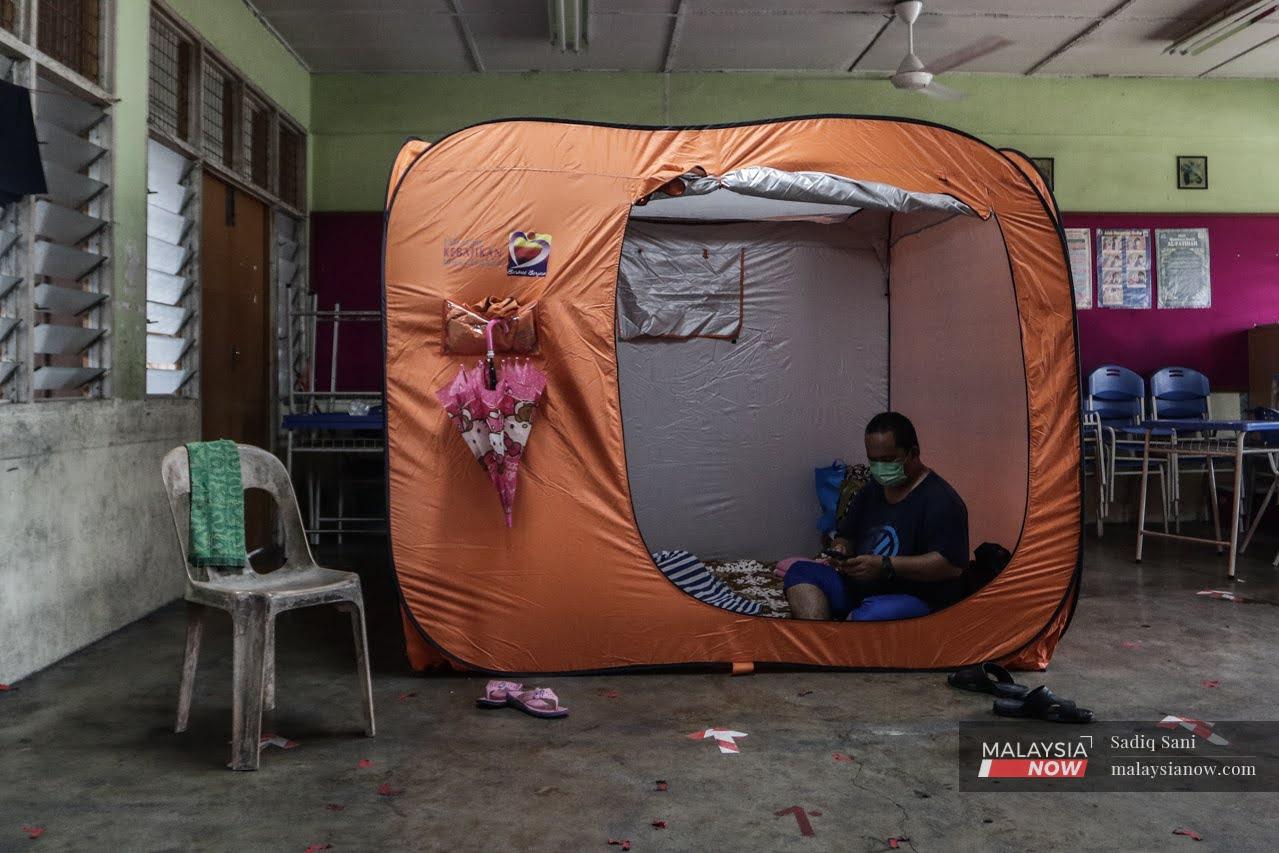Scammers, dodgy fundraisers and cancel culture thrive as politicians milk social media post-floods
Transparency is a problem as there is often no way to find out how the money collected for so-called flood relief efforts is being managed.
Just In
Scam fundraisers, dodgy NGOs and money laundering activities are threatening to cloud the good work done by genuine groups and individuals as politically linked social media users indulge in cancel culture using slogans and hashtags to form public opinion in the aftermath of the floods that have ravaged several areas in the Klang Valley.
Checks by MalaysiaNow revealed that while politicians partied online by attacking their enemies over the perceived failure to manage the floods, several of them were also behind donation drives that fuelled suspicion of acts in contravention of the Anti-Money Laundering and Proceeds of Unlawful Activities Act 2001.
“They would usually announce their success in collecting huge amounts of money from the public, but there is almost nothing to back this claim,” said a veteran NGO activist who has experience mobilising help for flood victims in the past.
Speaking on condition of anonymity due to what he said was a rampant display of “cancel culture” in Malaysian cyberspace, the activist warned that natural disasters and public hardships are fertile ground for businessmen and rogue politicians to launder money.
“They give cold hard cash in the millions to their NGO setups or their political friends, who will then announce the amount collected from the public.
“It is not only a modus operandi during natural disasters. This tactic was used in the past by a certain think tank which conducted opinion polls backed by hundreds of volunteers and so-called donations from the public,” he added.
Ruling politicians at both the federal and state levels have come under public criticism for their perceived failure to mobilise evacuation and rescue efforts in Selangor, which bore the brunt of the floods.
Heavy rain on Dec 18 inundated major parts of Shah Alam and Klang, as well as Hulu Langat, with areas such as Klang, Batu Tiga and Taman Sri Muda being the worst hit, causing the loss of lives and the displacement of thousands.
A blame game soon ensued with Selangor’s ruling politicians pointing the finger at the National Disaster Management Agency for its response to the floods.
This was followed by cybertroopers taking potshots at their intended targets while praising their political masters by flooding social media pages with pictures of them wading through knee-deep waters.
Checks showed that a form of cancel culture, ostracising individuals from the public, has been rife over the past week, fuelled by cybertroopers and supporters of politicians.
Many of the posts are littered with vulgar language and images, and are retweeted by users through accounts which appear to have been only recently set up.
A quick check also revealed that many of the accounts using hashtags such as #kerajaanbangsat, which was trending on Twitter last week, could have been fake or shell accounts, using questionable profile pictures with a handful of followers whose identities are equally suspicious.
“What is worse is, they use hashtags such as #kitajagakita or #rakyatjagarakyat in the most dishonest ways, especially after collecting public funds and posing for pictures,” said the activist.
One Amanah politician who was scorned for disappearing to an overseas ski resort returned to lambast the authorities in an interview he gave outside a relief centre run by aid workers. But a viral video later showed aid workers at the centre distancing themselves from Hasanuddin Yunus, saying the Hulu Langat MP was not connected to them, and accusing him of riding on the works of others.
Yet another politician, Rina Harun, found herself at the receiving end of social media’s cancel culture, including from prominent politicians who resorted to questioning her marital status.
Absence of audit, transparency
But beyond the online emotions and anger over the management of the floods is a much bigger concern over the transparency of groups and individuals who claim to have collected millions of ringgit from the public to help flood victims.
MalaysiaNow can confirm that some of the groups collecting funds from the public have suspicious backgrounds, with many of them linked to prominent politicians as well as a new political party trying to use the natural disaster as a catalyst to boost its membership.
One such group is led by an individual who had been spearheading a campaign against the government’s Covid-19 vaccination drive.
Checks showed that the anti-vaxxer had collected more than RM70,000 in donations for flood victims through a mobile app to collect funds from the public as well as communicate with volunteers.
“But there is no way of finding out how the money is managed. There is a huge financial black hole, where questionable characters have been cleverly evading proper audits and authorities,” said an aid worker.
Subscribe to our newsletter
To be updated with all the latest news and analyses daily.
